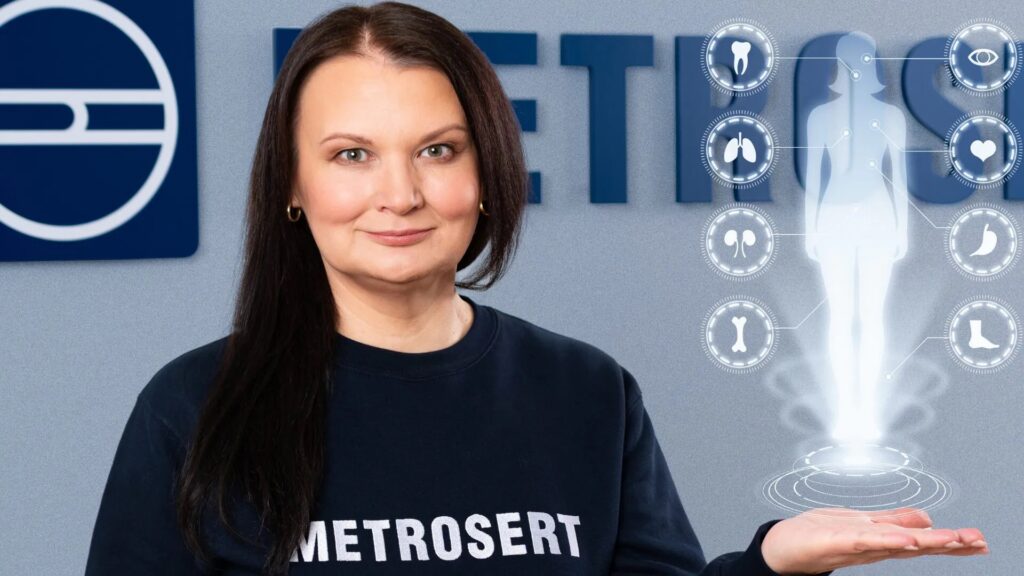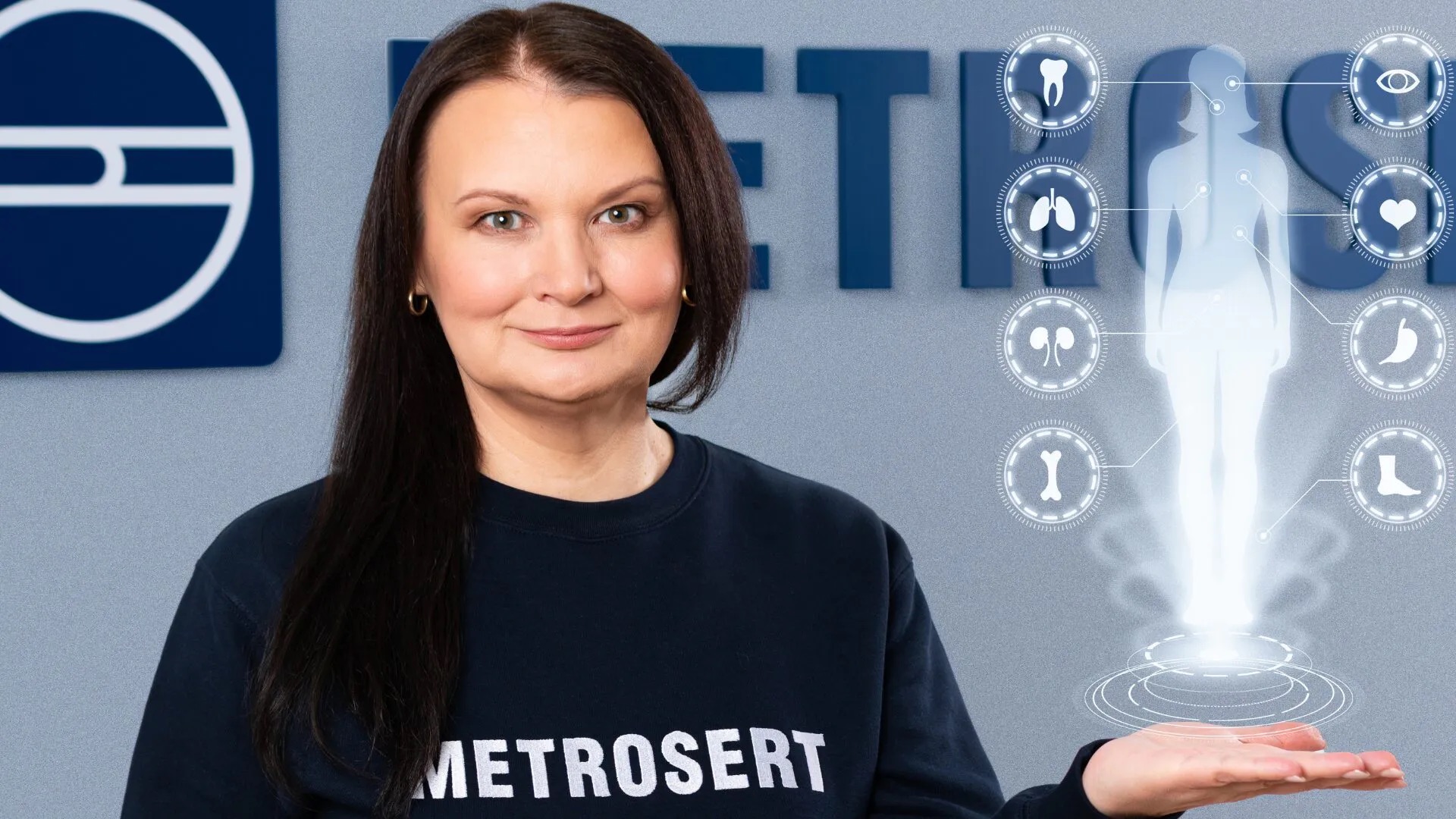In a July 24 opinion article published in Eesti Päevaleht, Janne Pullat, Head of the Health Data Division at Metrosert’s Applied Research Center, highlights a pressing strategic issue: Estonia is not making full use of its rich health data. According to Pullat, this underutilization limits opportunities to enhance treatment, strengthen prevention, and improve the financial resilience of the healthcare system.
Every doctor’s visit, lab result, medication record, lifestyle survey or genetic test generates data — but most of it is used only for direct patient care and then left idle. Pullat emphasizes that secondary use of health data — its structured, secure, and ethical reuse — holds enormous untapped potential to improve care quality, anticipate risks, reduce hospitalizations, and make the entire health system more sustainable.
She points out that relying solely on cost-cutting measures or limiting access to care will not address the root problem: Estonia continues to operate a reactive, handcrafted care model in an era that demands proactive, data-informed healthcare. With demographic pressures rising and budget reserves dwindling, delaying structural reform is no longer an option.
Pullat also stresses that health data is not just a cost-saving tool — it is a driver of knowledge and innovation. Secondary analysis enables the detection of patterns across millions of data points, contributing to scientific discovery, medical technology development, and evidence-based policymaking. This is not hypothetical: during the COVID-19 pandemic, countries with real-time data analytics capabilities responded faster and more precisely.
To realize this value, Metrosert established a dedicated Health Data Unit in 2023. Its mission is to create a legally clear, ethically robust, and technically secure environment where health data can be valorized in research and innovation — without compromising privacy or public trust.
Pullat concludes that the real breakthrough won’t come from building yet another digital system, but from changing how we treat the data we already have: “By giving health data a second life, we don’t just relieve financial pressure — we create new knowledge, new technologies, and better health outcomes. But to do so, we must act with intention, trust, and responsibility.”
👉 Read the full article in Estonian language: A specialist warns of a looming healthcare catastrophe: we are simply wasting data from every doctor’s visit
👉 Visit the health data page of the Metrosert website: metrosert.ee/health

